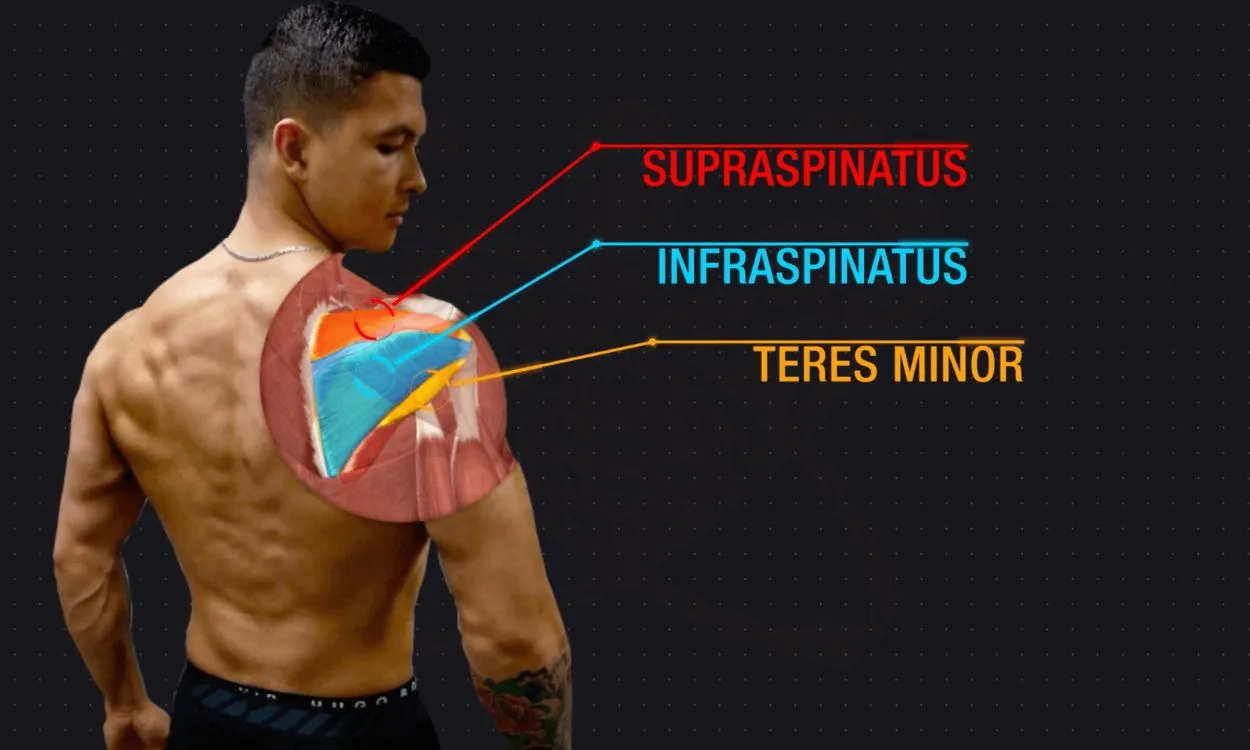Can shoulder pain be a result of muscle imbalances?
Have you been experiencing shoulder pain lately? If so, you may be wondering what could be causing it. One possible reason for shoulder pain is muscle imbalances. In this article, we will explore the relationship between muscle imbalances and shoulder pain, and how they can affect your overall health and well-being.
Understanding Muscle Imbalances
Muscle imbalances occur when there is an inequality in the strength and flexibility of the muscles around a joint. In the case of the shoulder, muscle imbalances can occur between the muscles that surround the joint, such as the rotator cuff muscles, deltoids, and pectoral muscles. When these muscles are not properly balanced, it can lead to tension, strain, and ultimately, shoulder pain.
The Impact of Muscle Imbalances on Shoulder Health
- Rotator Cuff Muscles: The rotator cuff muscles play a crucial role in stabilizing the shoulder joint. Imbalances in these muscles can result in impingement, bursitis, and even tears in the rotator cuff tendons, leading to shoulder pain and limited range of motion.
- Deltoids: The deltoid muscles are responsible for the movement and strength of the shoulder. When there is an imbalance between the anterior, medial, and posterior deltoids, it can lead to shoulder instability and chronic pain.
- Pectoral Muscles: The pectoral muscles, particularly the pectoralis minor, can contribute to shoulder pain if they are tight and overactive. Imbalances in these muscles can lead to rounded shoulders and poor posture, causing strain on the shoulder joint.
Causes of Muscle Imbalances
Several factors can contribute to muscle imbalances in the shoulder:
- Poor Posture: Sitting or standing with rounded shoulders can lead to muscle imbalances over time, as certain muscles become overactive while others become weakened.
- Repetitive Movements: Engaging in repetitive activities that involve the shoulder, such as lifting weights or throwing a ball, can lead to muscle imbalances if certain muscles are overused and others are neglected.
- Sedentary Lifestyle: Lack of physical activity and a sedentary lifestyle can weaken the muscles around the shoulder joint, contributing to imbalances and pain.
Treating Muscle Imbalances and Relieving Shoulder Pain
If you are experiencing shoulder pain due to muscle imbalances, there are several steps you can take to alleviate your symptoms:
- Stretching and Strengthening: Incorporate exercises that stretch and strengthen the muscles surrounding the shoulder joint. Focus on exercises that target the rotator cuff, deltoids, and pectoral muscles to restore balance and improve shoulder function.
- Posture Correction: Practice good posture to avoid placing unnecessary strain on the shoulder joint. Sit and stand with your shoulders pulled back, and be mindful of your posture throughout the day.
- Rest and Recovery: Allow your shoulder muscles to rest and recover by avoiding activities that exacerbate the pain. Use ice or heat therapy, and consider over-the-counter pain relievers as directed by a healthcare professional.
- Seek Professional Help: If your shoulder pain persists or worsens, it is advisable to seek the guidance of a healthcare professional, such as a physiotherapist or orthopedic specialist. They can evaluate your condition, provide a proper diagnosis, and create an individualized treatment plan.
Introducing Fitpaa: Your Personalized Health and Fitness Solution
If you are looking for a holistic approach to achieve your health and fitness goals, Fitpaa is here to help. Fitpaa is an AI-driven Metabolism monitoring and management technology that can assist you in optimizing your overall well-being, including addressing muscle imbalances and relieving shoulder pain.
With Fitpaa, you can:
- Assess Your Metabolism: Identify the root cause of your health condition by taking a metabolism assessment. This assessment considers every aspect of your life to optimize your metabolism and improve your health.
- Receive Personalized Fitpaa Capsule: Based on your metabolism, health and fitness goals, lifestyle, and eating habits, Fitpaa prepares a personalized capsule that combines medical therapy, exercise therapy, nutrition therapy, and cognitive behavior therapy. This capsule aims to optimize your metabolism and help you achieve your health and fitness goals with a 100 percent guarantee.
- Follow Your Fitpaa Capsule: With the help of Fitpaa’s real-time guidance technology and mobile app, you can easily follow your Fitpaa Capsule. The app provides tools such as a virtual workout trainer, diet tracker, performance tracking, progress tracking, and more to support you on your fitness journey.
- Get Expert Support: Fitpaa provides you with a team of fitness planners, nutritionists, fitness trainers, and doctors who regularly review your progress and make necessary course corrections to ensure you achieve your goals.
In conclusion, muscle imbalances can contribute to shoulder pain and affect your overall health and well-being. It is important to address these imbalances through stretches, strengthening exercises, and proper posture. If you are looking for a comprehensive solution to optimize your health and fitness, consider Fitpaa as your personal health and fitness team. With Fitpaa, you can achieve your goals and experience the joy of a fit and healthy lifestyle.
To get started on your health and fitness journey with Fitpaa, download the Fitpaa app today and request a trial. Your well-being is our mission, and we are passionate about helping you achieve your health and fitness goals.
Remember, with Fitpaa, nothing is impossible!









